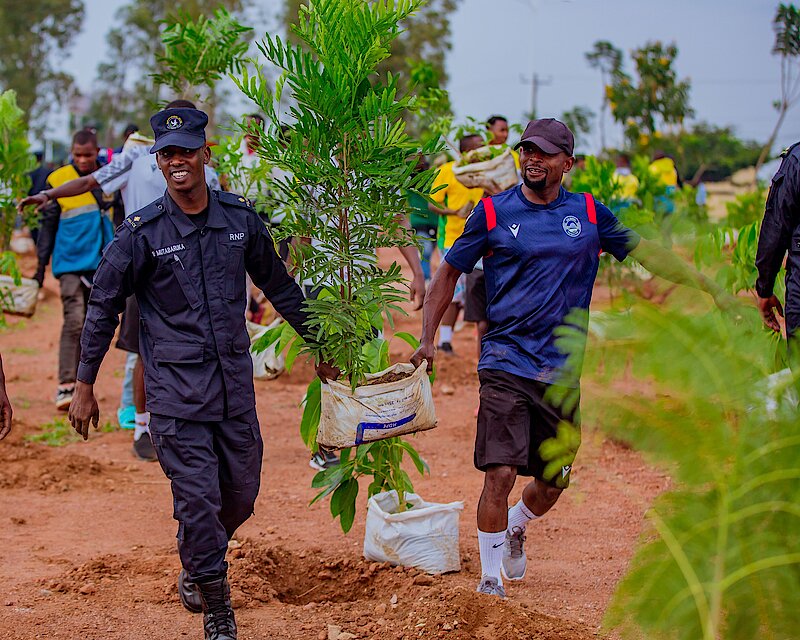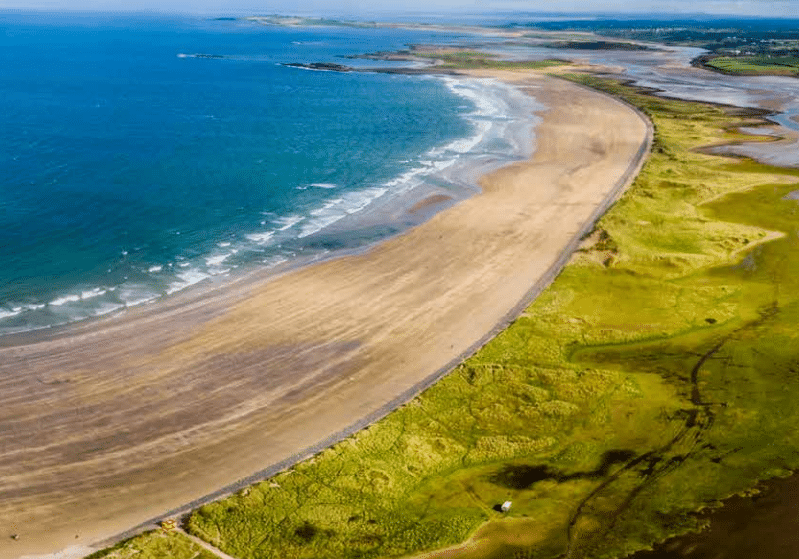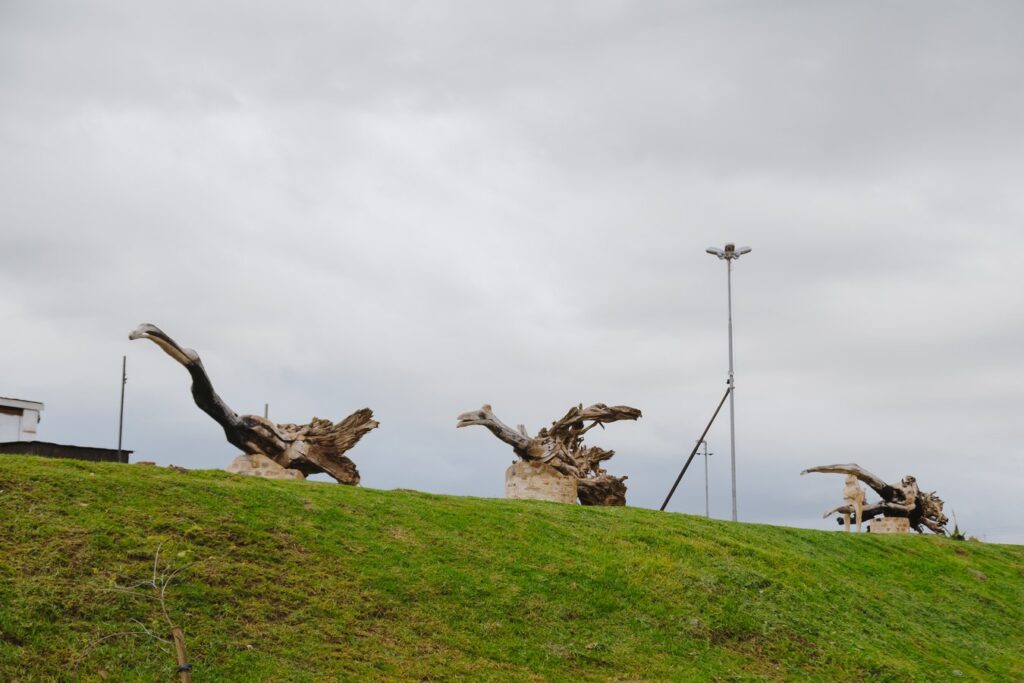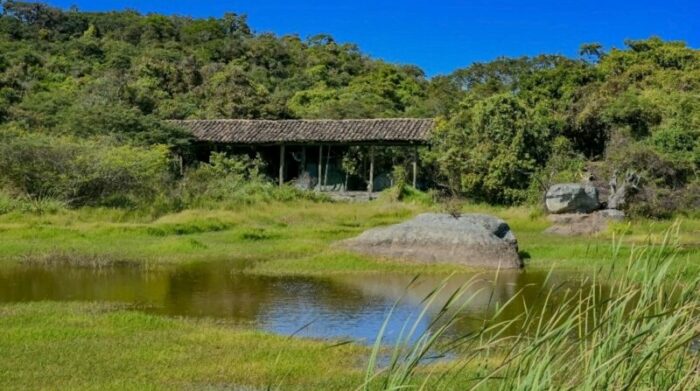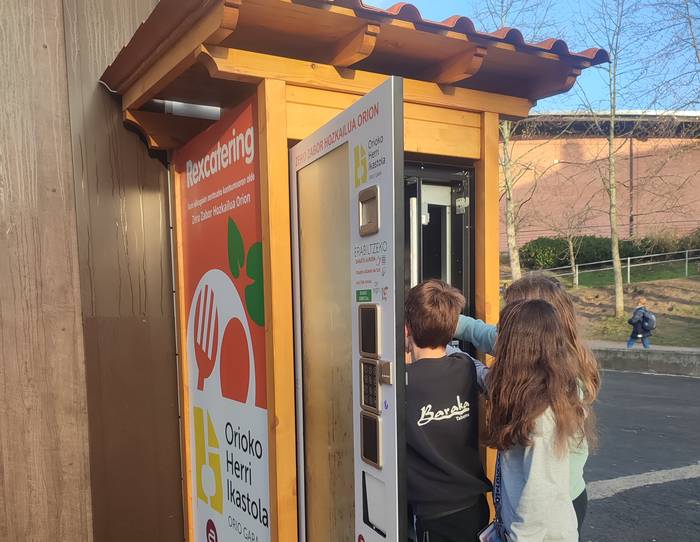How the City of Kigali is using trees and collaboration to build climate resilience
Nature-based Solutions (NbS) are undeniably « à la mode ». As they have been showcased here before, they are scalable and effective means that use, protect, sustainably manage and restore natural or modified ecosystems to address the interlinked climate and biodiversity crises while delivering important benefits for human well-being and livelihoods.

